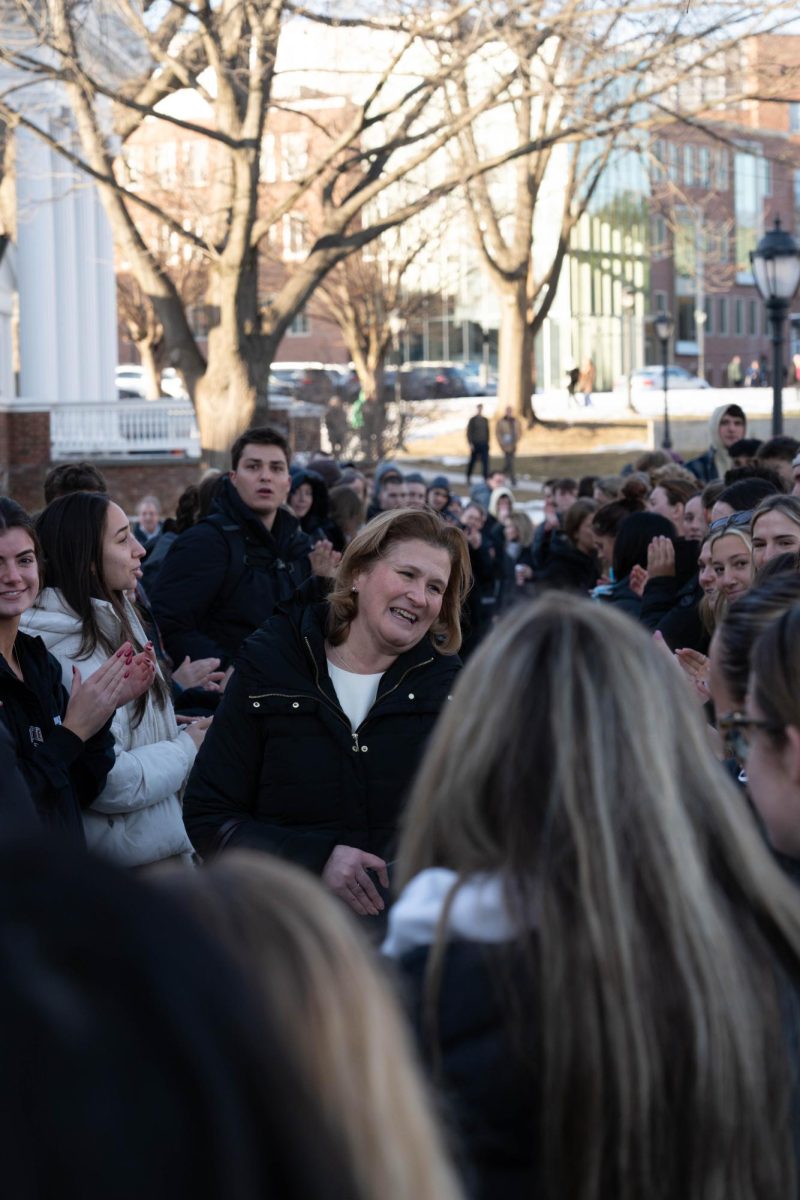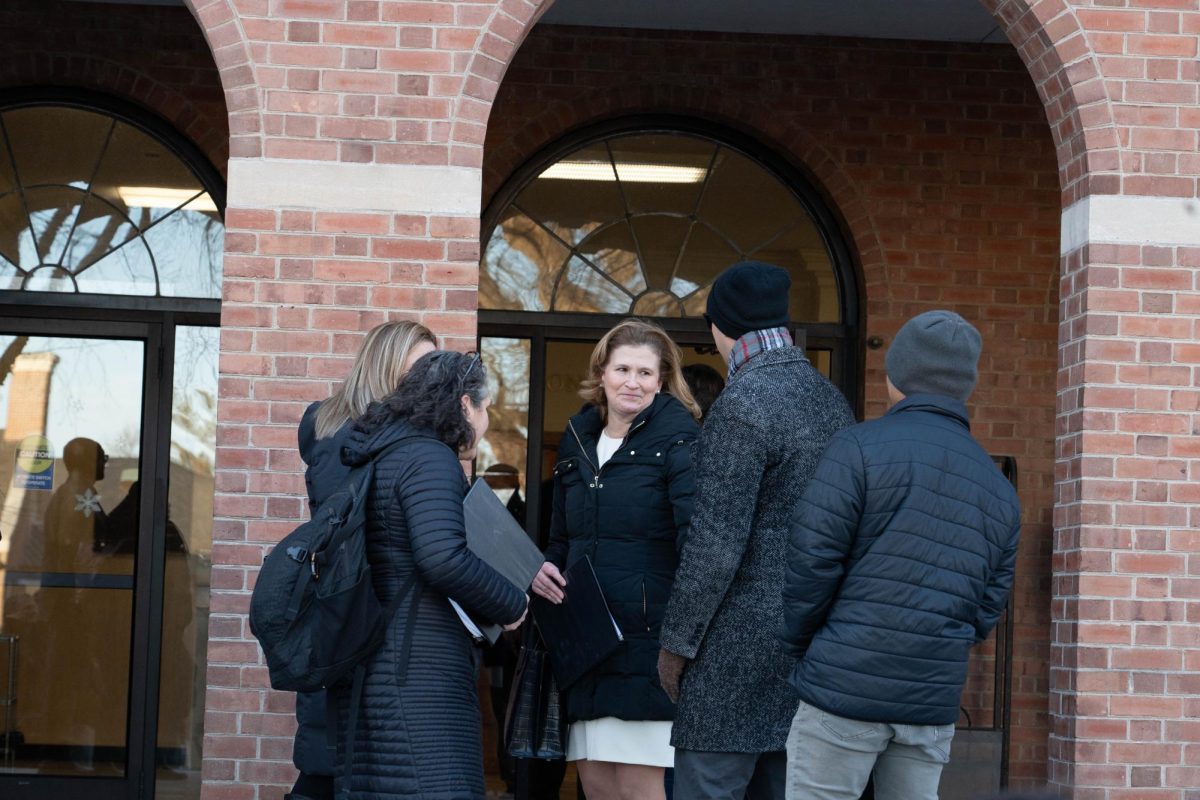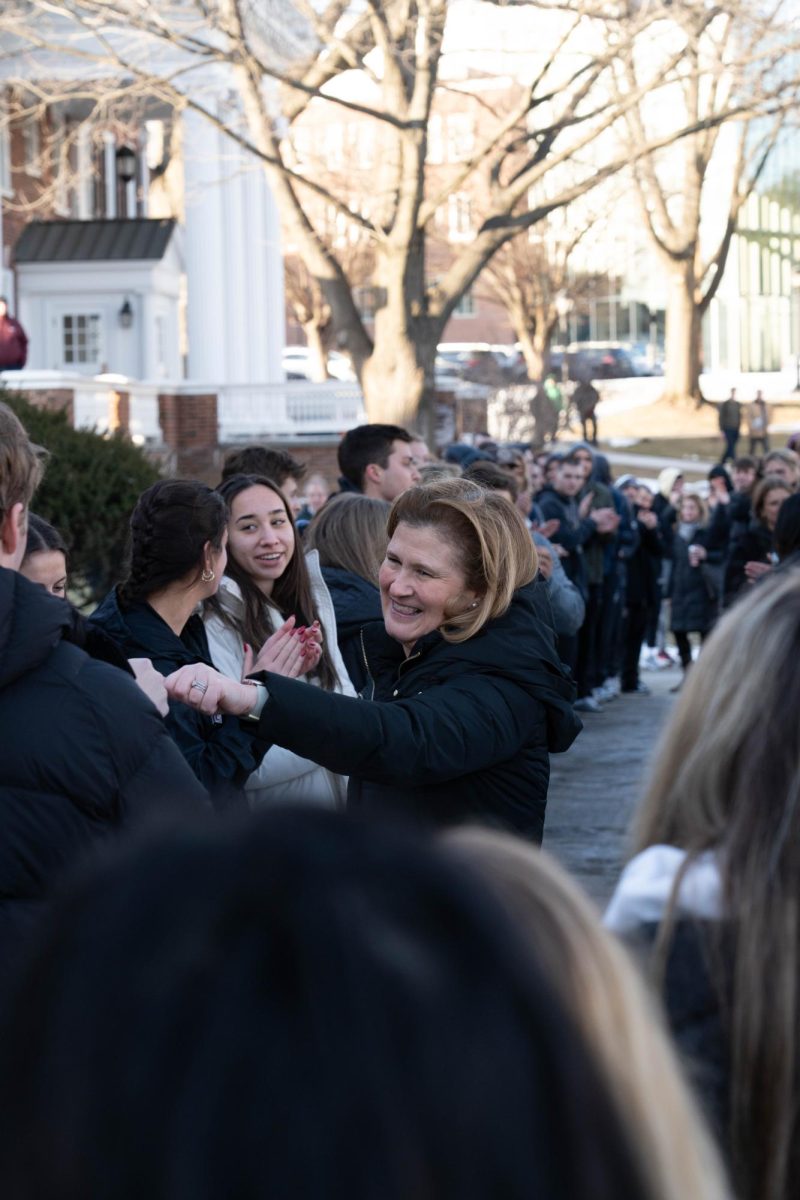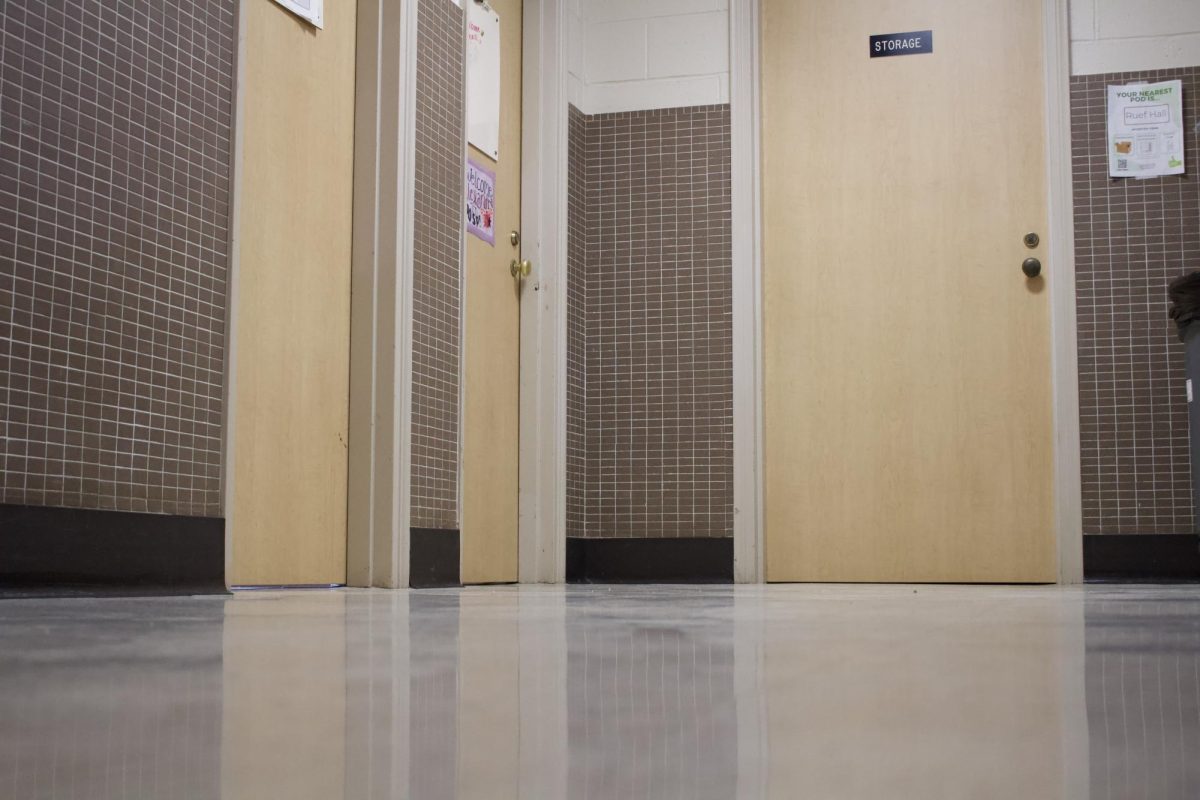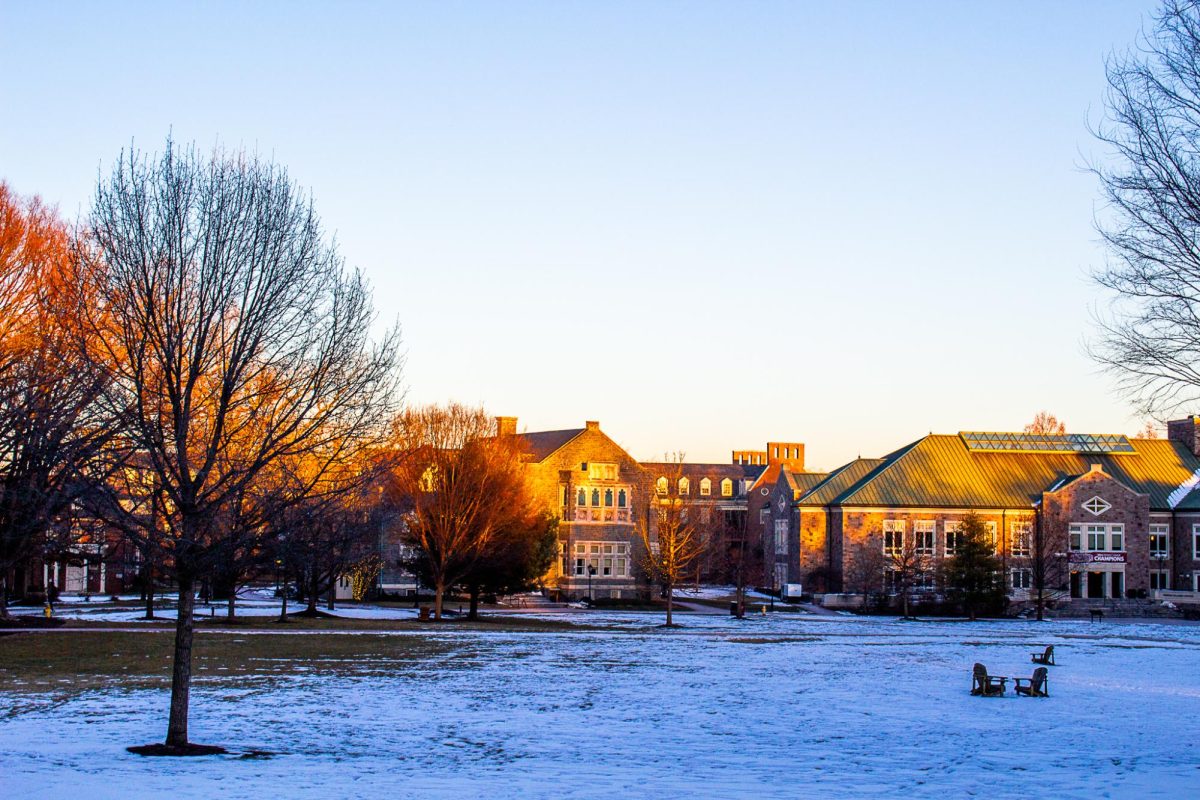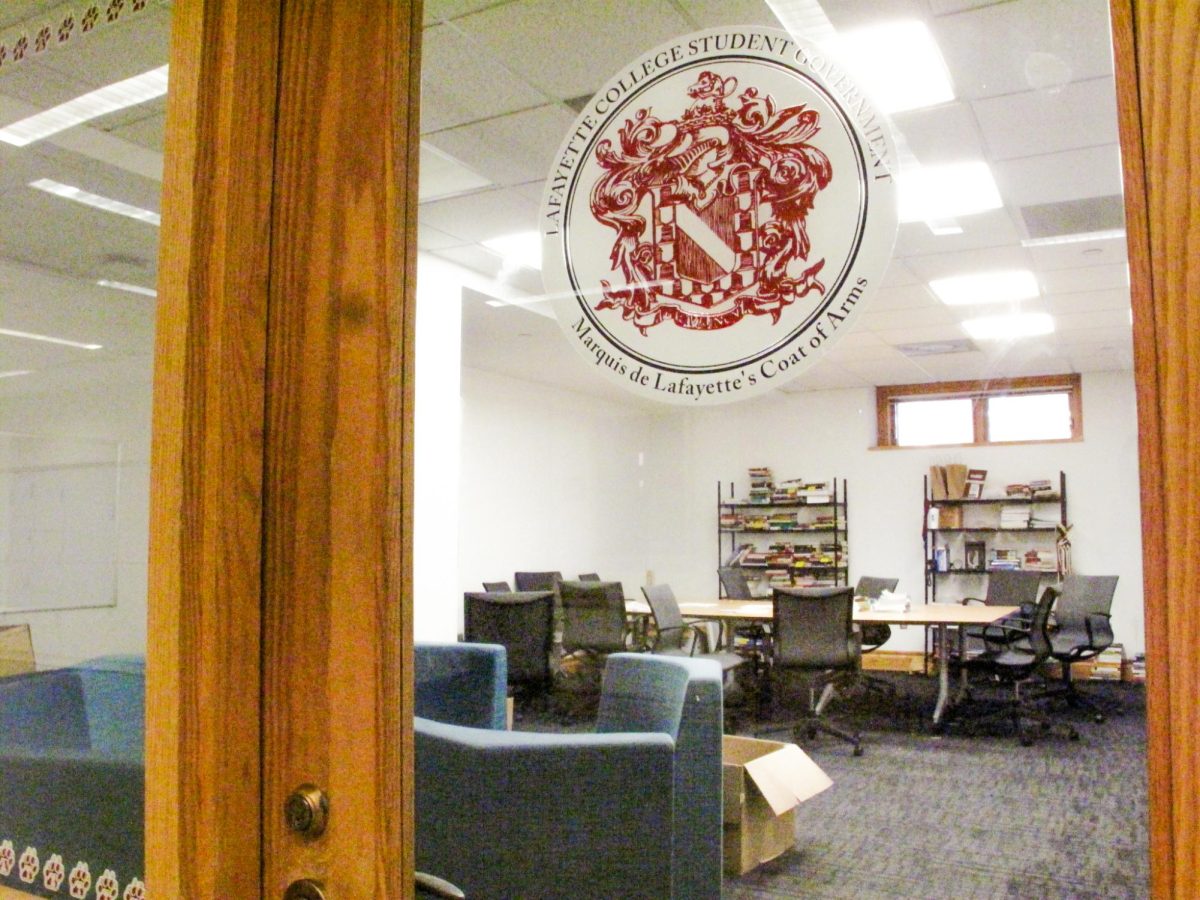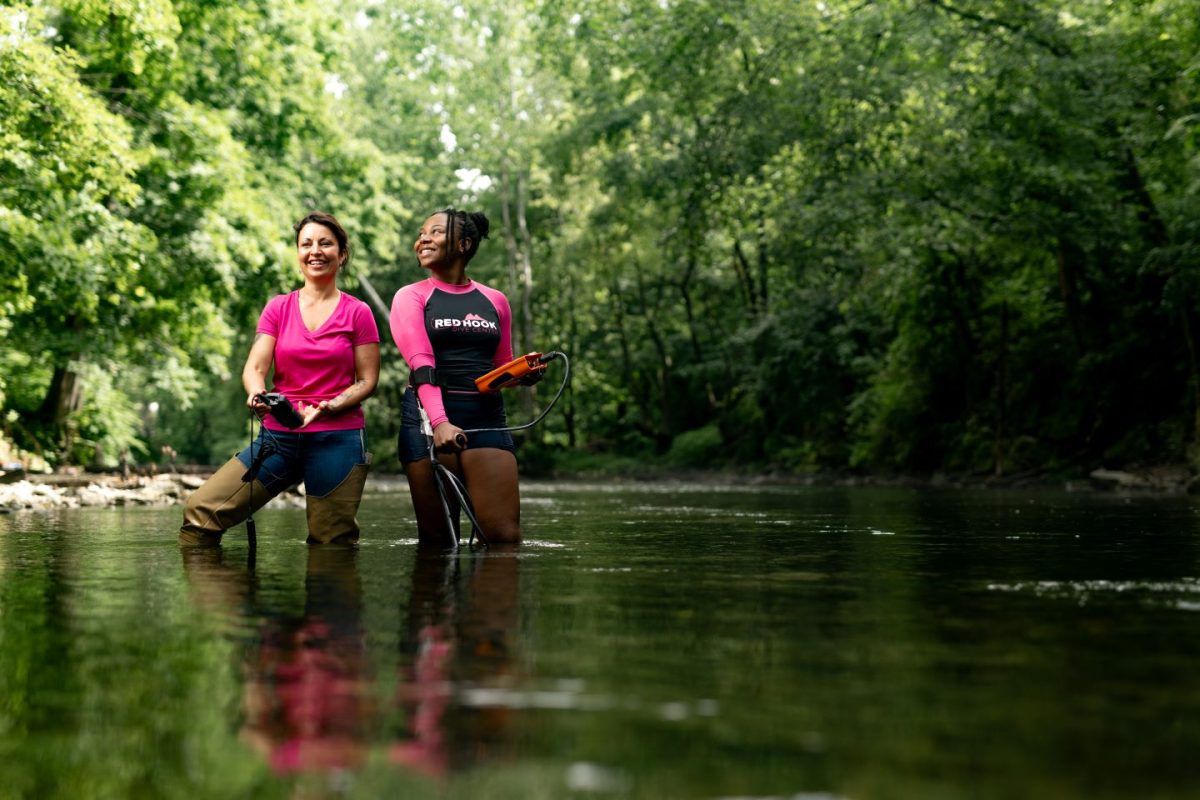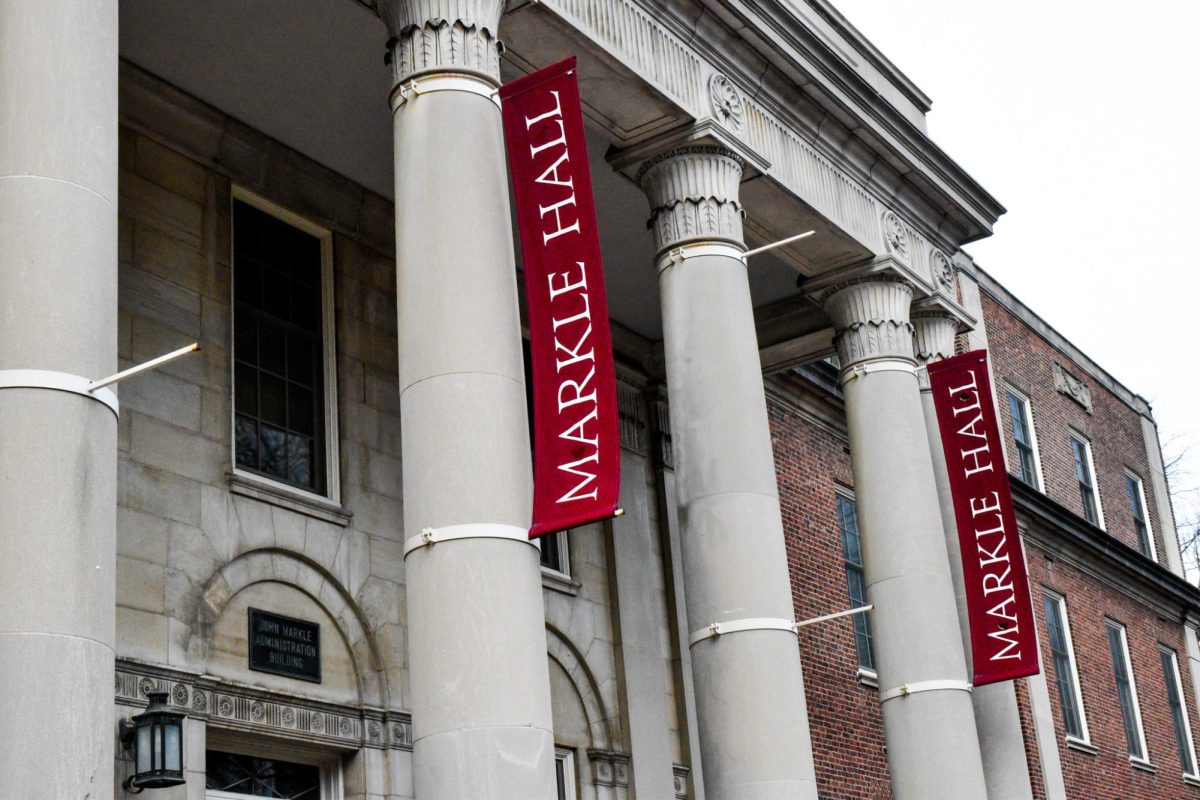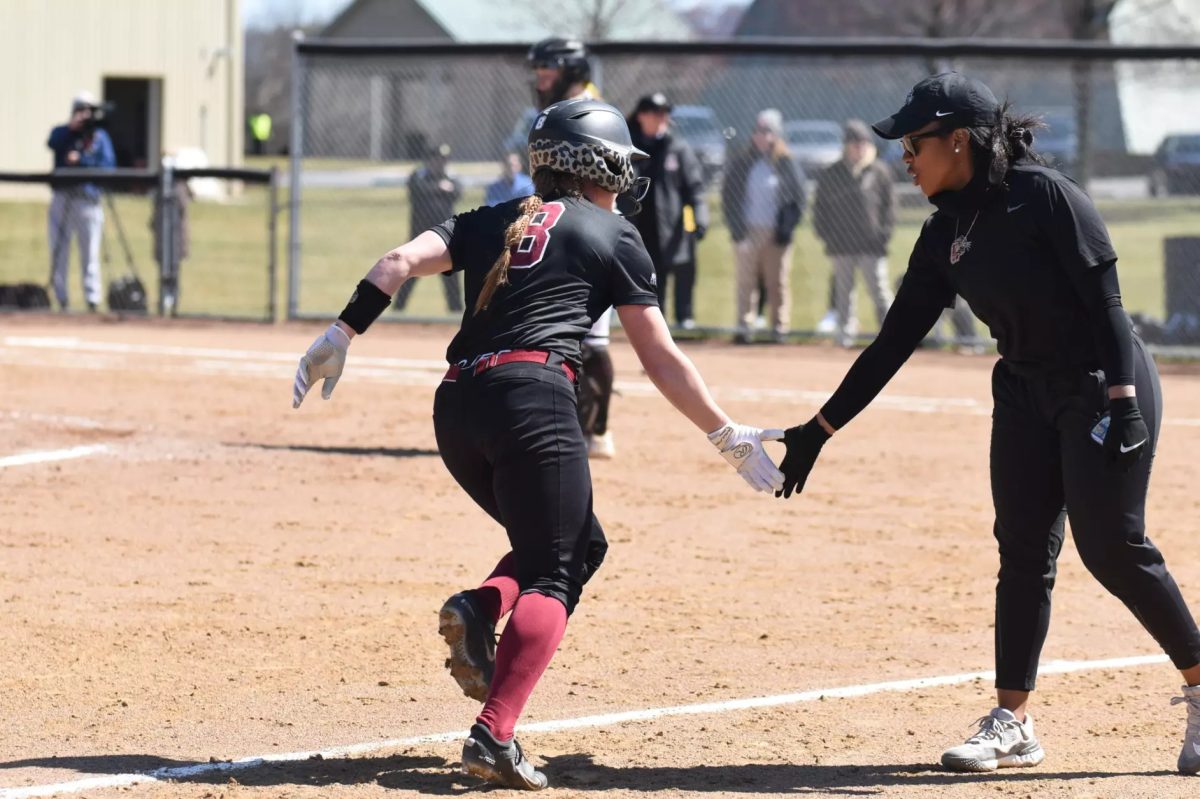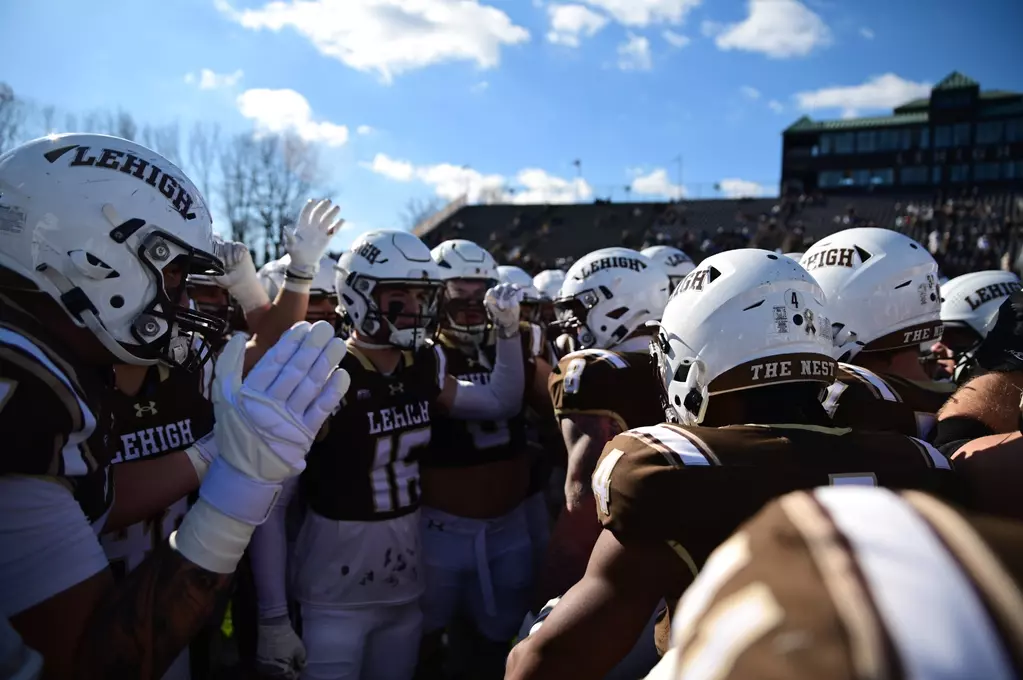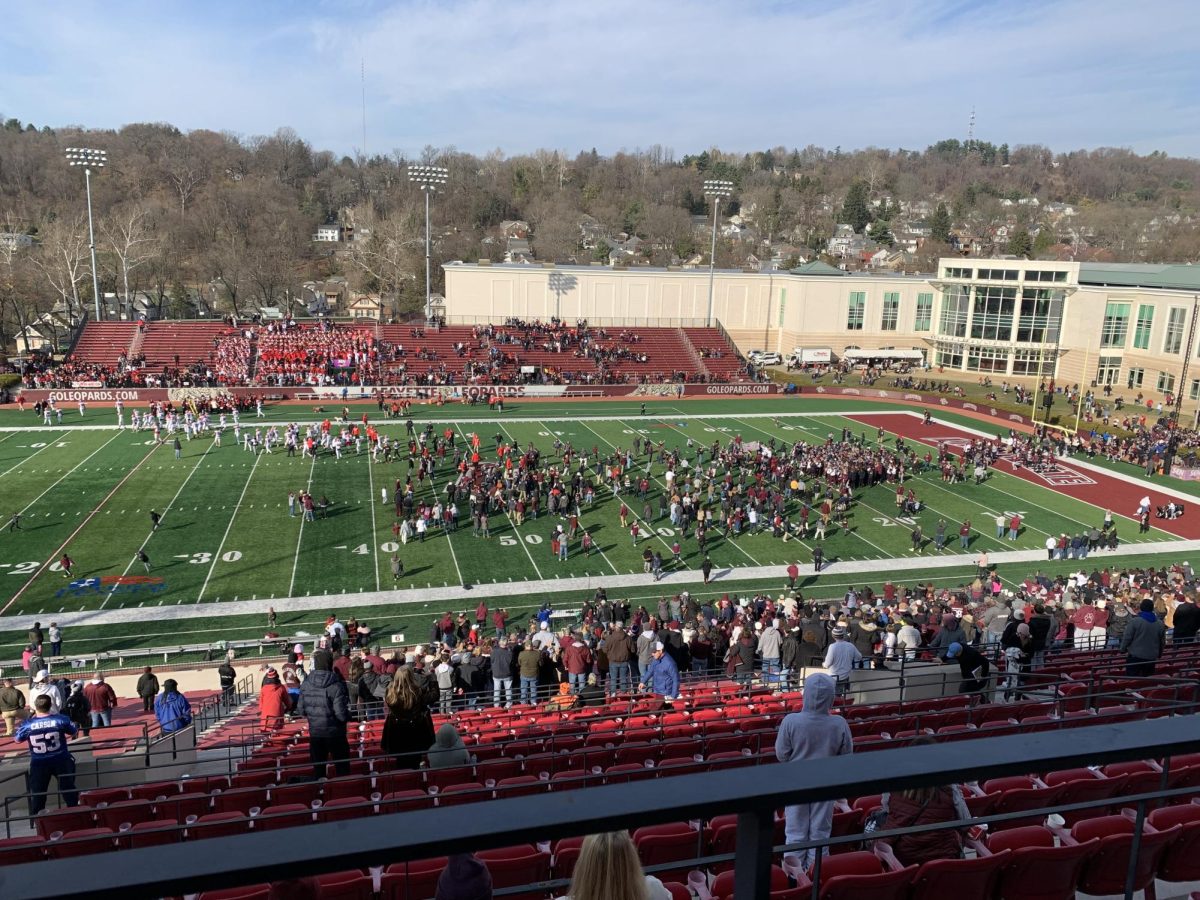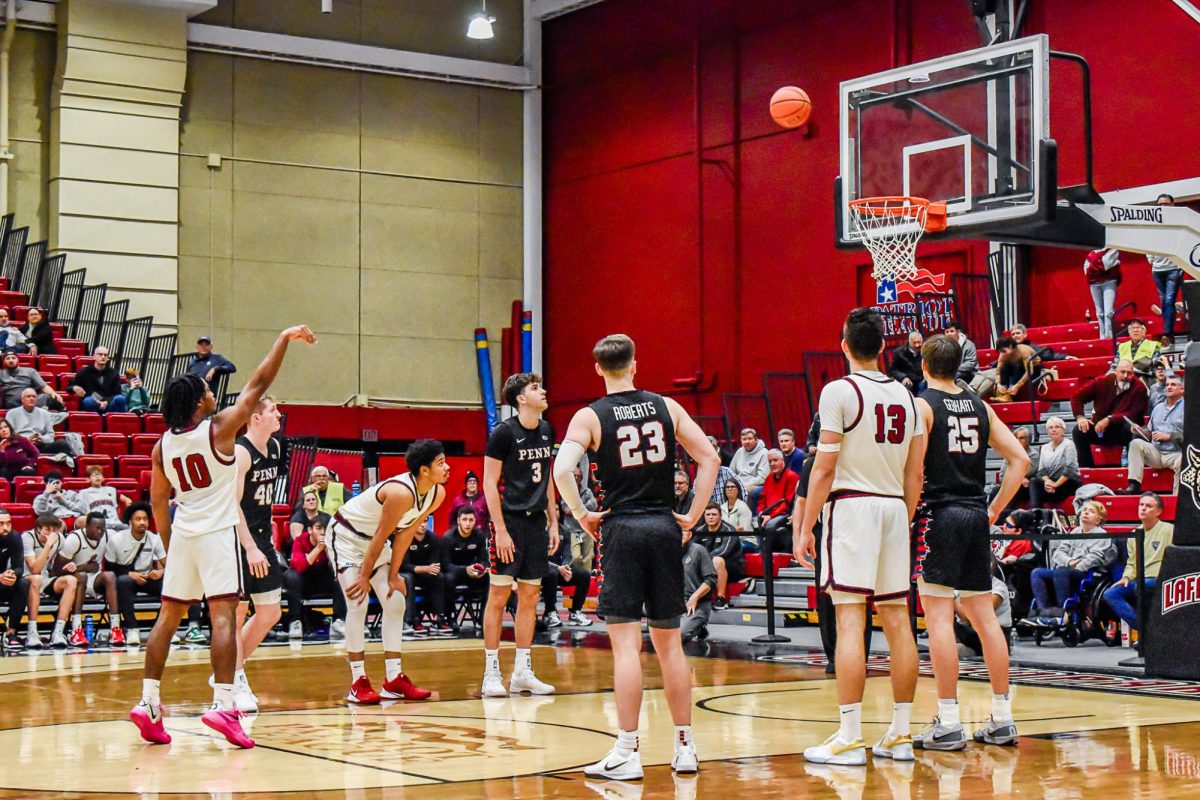By Reine Pavlik ‘15 | Design Director
The White House addressed the rising tide of sexual assault on college campuses this week, issuing a report designed to fully address the risks faced by the nation’s college students.
“Sexual Assault is more than just a crime against individuals,” President Barack Obama said. “It threatens our families, it threatens our communities; ultimately, it threatens the entire country.”
Reports of sexual assault are on the rise on college campuses and not necessarily because more people are being sexually assaulted. Students are talking about it more. Recently, a White House Task Force to Protect Students from Sexual Assault released a recommendation on Tuesday for colleges to reevaluate the way the treat and handle sexual assault. This follows publicized guidance on title IX sexual assault provisions in 2011.
“It looks as if it addresses some issues that people think were kind of murky,” Lafayette President Alison Byerly said. “In the 2011 guide that was issued by the federal government, a lot of schools raised a lot of questions. This document answers those questions.”
The report has several recommendations, including identifying campus climates, preventing sexual assault, responding properly to reports, increasing transparency, and improving enforcement.
“I like the emphasis on campus climate and education as opposed to just how one handles incidents that have occurred,” Byerly said. “I think it’s good they’re taking a proactive approach and working to educate the community and not just how a college prosecutes what’s happened.”
The Task Force reported that one in five women are sexually assaulted in college and the majority of those assaults go unreported. Most often, it happens during a women’s freshman or sophomore year. And most often, she knows the attacker, whether it is an acquaintance, classmate, friend or (ex)boyfriend. This lack of reporting is due to survivors feeling isolated, ashamed or to blame.
The President started the Task Force to Protect Students From Sexual Assault to reach out to sexual assault survivors and let them know that they are not alone. The name for the task force website is NotAlone.gov
“Sexual assault is a unique crime,” the Task Force document reads. “Unlike other crimes, victims often blame themselves; the associated trauma leaves their memories fragmented; and insensitive or judgmental questions can compound a victim’s distress.”
The document also recommends that questioning about the survivor’s sexual history with anyone other than the alleged perpetrator should not be permitted. The report indicated that many sexual assault survivors are wary of their school’s adjudication process, which is sometimes harsh and hurtful about their potential questioning about their prior sexual history.
The report also addressed the issue that many reports go to untrained people, who don’t know how to respond in the proper way. Some schools have indicated that some of these counselors and advocates cannot maintain confidentiality.
“The Office for Civil Rights is also strengthening its enforcement procedures in a number of ways,” it says. “By example, instituting time limits on negotiating voluntary resolution agreements and making clear that schools should provide survivors with interim relief (like changing housing or class schedules) pending the outcome of an OCR investigation.”
Director of Student Development Greg Meyer praised the recommendation, saying that he thinks that it is something that can be implemented on Lafayette’s campus.
“What’s great about this is that it’s got actual resources in it,” Meyer said. “This is like we are going to want you to have campus climate surveys and click on this link and see the survey that we think you should use you know this is useful. So I think it is going to be a good thing.”

